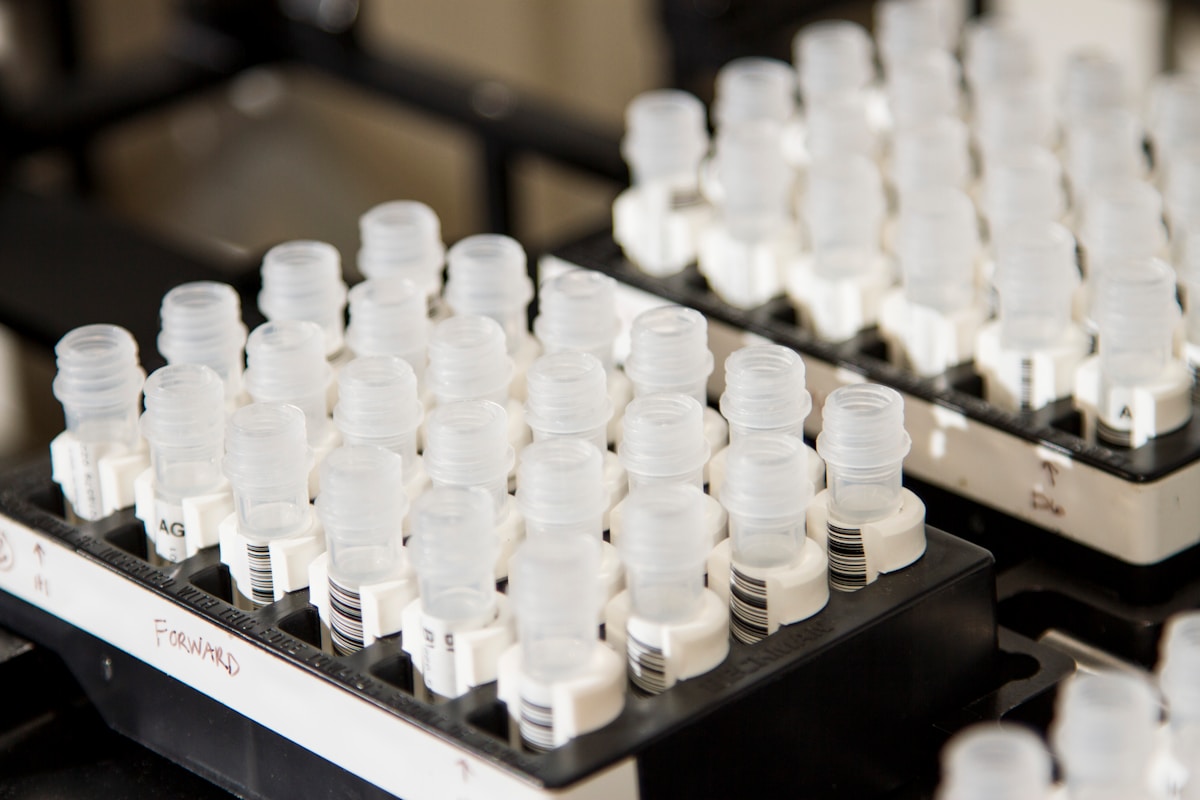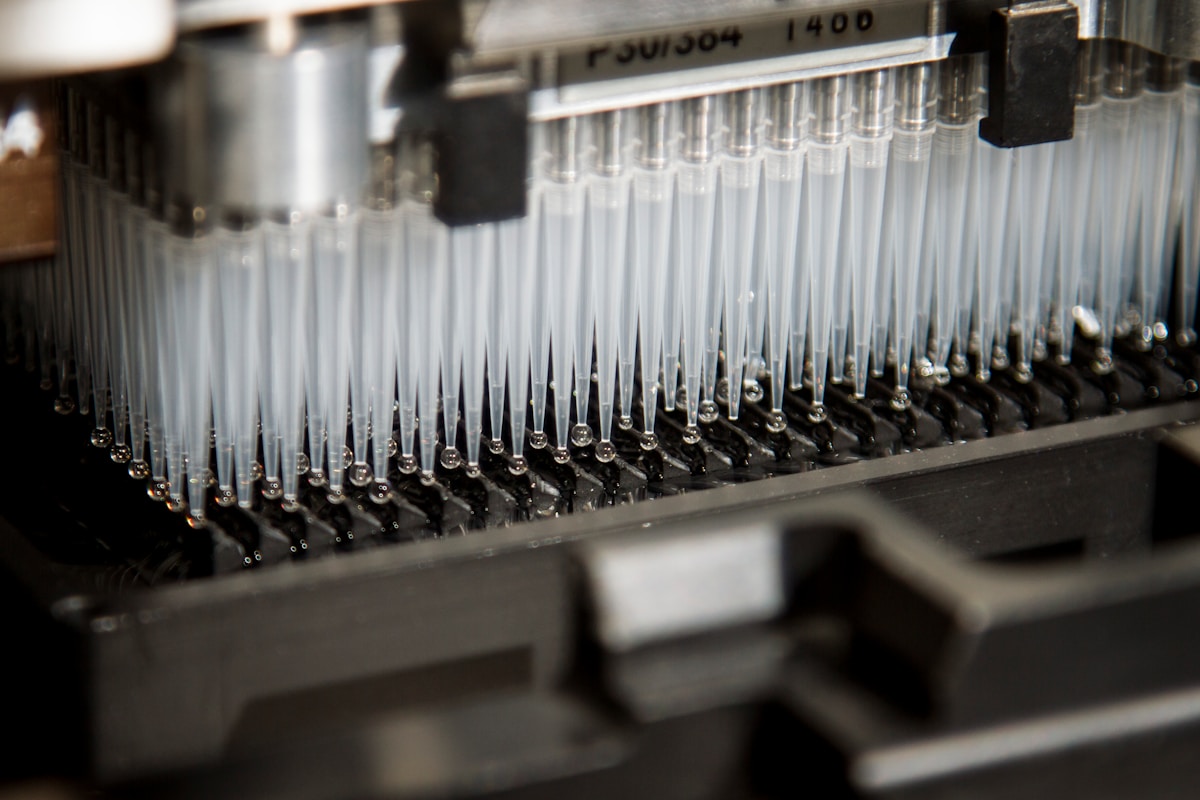


Prostate Cancer Care Redefined


Prostate Cancer Care Redefined


The problem
Prostate Cancer is the most common cancer in American men. In 2024, an estimated 299,010 new cases will be diagnosed and 35,300 Americans will lose their lives to prostate cancer. While significant progress has been made in previous decades, the prostate cancer journey remains incredibly problematic.
Inadequate
Current prostate cancer diagnostics lack the specificity to avoid overdiagnosis and overtreatment, a common occurrence today. Prior efforts to develop liquid biopsy tests based on blood and urine lack sufficient quantities and diversity of biomarkers to prevent overdiagnosis and overtreatment. Gregor Diagnostics is using semen to evaluate prostate health because roughly 30% of semen is fluid produced in the prostate, making it an incredibly rich source of biomarkers. By going straight to the source, we are developing diagnostics with unparalleled sensitivity and specificity.
Invasive
Diagnostic tools in prostate cancer that rely on a biopsy can be highly invasive and potentially injurious. Most men with high PSA do not have prostate cancer, and the lack of non-invasive tests to accurately assess cancer status leads to the majority of invasive diagnostic biopsies having no significant clinical findings of prostate cancer. Further, patients diagnosed with indolent cancer lack non-invasive options for monitoring their cancer status on active surveillance. Our strategy is to develop non-invasive tests that will significantly cut down in the number of unnecessary biopsies, saving patients from indignity and discomfort of these procedures.
Inconvenient
Screening tests and diagnostics in the prostate cancer landscape require time consuming office-based blood draws or more costly and invasive procedures like MRI and biopsy. Gregor seeks to address this by bringing sample collection into the patient's home for a private, patient-focused experience.
Our Solution
A suite of non-invasive tests to help physicians and patients navigate prostate cancer care

Reflex 1+
Genomic classifier test specifically designed to detect cancer in men prior to biopsy.
Reflex 2+
Genomic classifier test built to separate benign and Grade Group 1 cancers from Grade Group 2+, giving physicians and patients indicated for biopsy a more traditional option.
Active Surveillance
Genomic classifier test to regularly monitor patients with prostate cancer currently on active surveillance.
Contact Us
We want to hear from you today!






